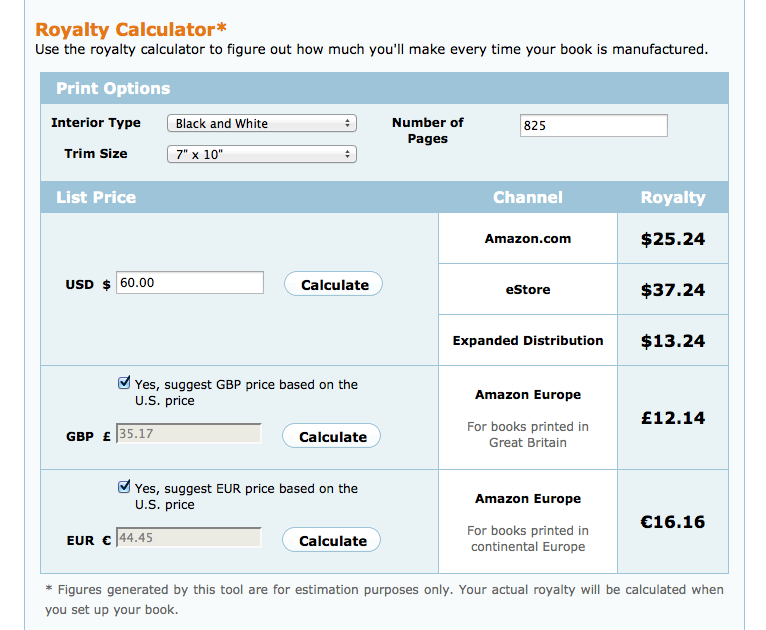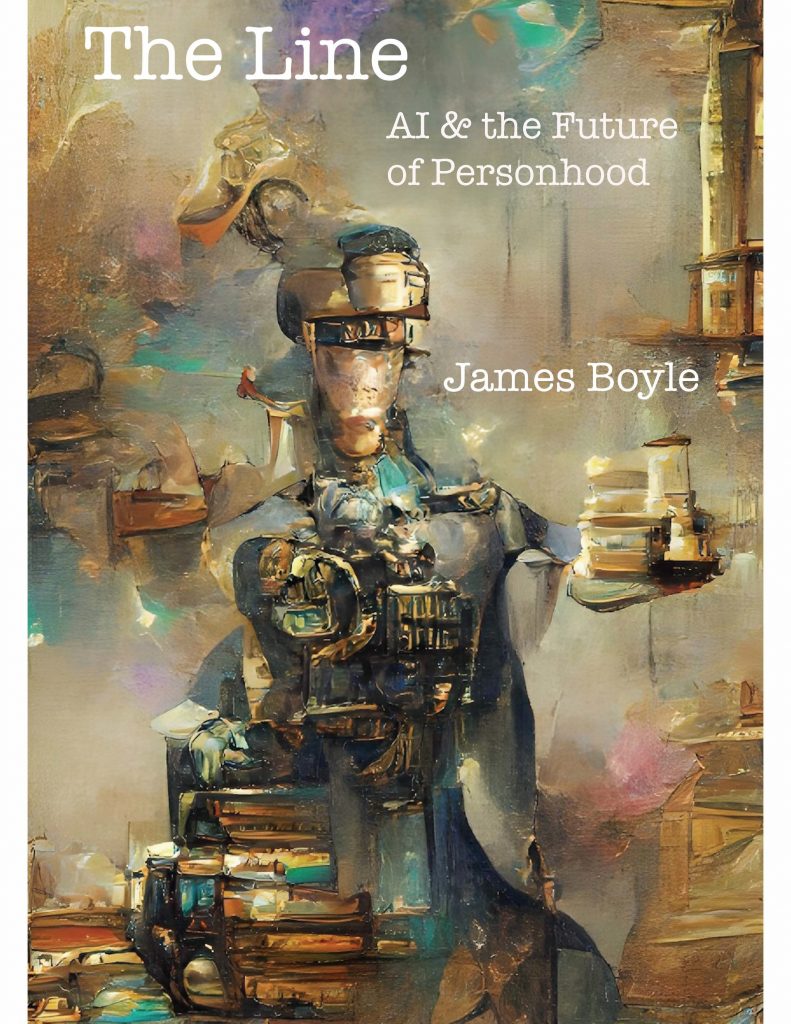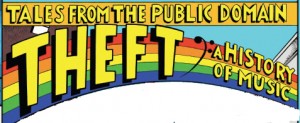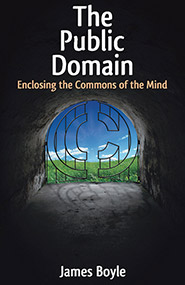Today, we are proud to announce the publication of our 2014 Intellectual Property Statutory Supplement as a freely downloadable Open Course Book. 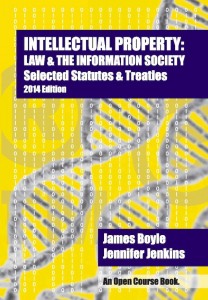 It offers the full text of the Federal Trademark, Copyright and Patent statutes (including edits detailing the changes made by the America Invents Act.) It also has a number of important international treaties and a chart which compares the various types of Federal intellectual property rights — their constitutional basis, subject matter, length, exceptions and so on.You can see it here in print, or download it for free, here. (I recommend right click/control clicking it and choosing “save as.” But you can have it open in a browser window if you want.)
It offers the full text of the Federal Trademark, Copyright and Patent statutes (including edits detailing the changes made by the America Invents Act.) It also has a number of important international treaties and a chart which compares the various types of Federal intellectual property rights — their constitutional basis, subject matter, length, exceptions and so on.You can see it here in print, or download it for free, here. (I recommend right click/control clicking it and choosing “save as.” But you can have it open in a browser window if you want.)
We want to thank Mr. Balfour Smith, the coordinator of the Center of the Study of the Public Domain, who pulled so many laboring oars on this project that he must have thought he was a galley slave.
Frequently Asked Questions:
Why do this?
We are motivated in part by the outrageously steep cost of legal teaching materials, (and the increasing restrictions on those materials — such as the removal of the right of first sale). This book is intended for use with our forthcoming Intellectual Property casebook (coming in the Fall) but can also be used as a free or low cost supplement for basic Intellectual Property courses — at the college, law school or graduate school levels. Whether or not you buy it, the free download will at the very least gives you a statutory reference book for those times when internet access is unavailable, and you just need to scratch that intellectual property research itch. The book is also available at cost of production — about $10.50 — as a handsomely covered paperback. Most of the current Intellectual Property Statutory & Treaty Supplements are $45-$50.
Is this part of some kind of trend?
We hope so. This is the first in a series of free/low cost statutory supplements to be published by Duke’s Center for the Study of the Public Domain – aimed at all the basic classes. The goal of this project, and that of other ones such as the Berkman Center’s fascinating H20 project, and eLangdell is creatively to improve the pricing and access norms of the world of legal textbook publishing, while offering the flexibility and possibility for customization that unfettered digital access provides. We hope it will provide a pleasant, restorative, competitive pressure on the commercial publishers to lower their prices and improve their digital access norms.
Why have a paper version at all?
We have heard from several colleagues, both those who ban laptops in class and those that do not, that an environmentally friendly alternative to printing out statutes and throwing them away would be desirable, particularly one that came with first sale rights!
What’s the catch? What kinds of DRM or licensing restrictions are there?
None. The supplement is under a CC: BY license, allowing unlimited reproduction and modification, including for commercial purposes. Of course, the underlying statutes and treaties are in the public domain. You can use those without even providing attribution.
What formats is it available in?
PDF for now — other formats (and modular versions) coming soon.
Yes, but this is just the statutes and treaties. Fat chance you are going to give your casebook away free too!
Actually, we are. That will be under a CC BY, NC SA (a license that requires attribution, permits any non commercial use and tells those who modify that they must share the freedoms they were given.) It will be free to download and also available in a low cost print version — probably around $30, given its length, which would be about $130 cheaper than the other Intellectual Property casebooks
So you are against professors who want to be paid for their work and time?
On the contrary. In fact, one of the things we have learned in this process is how poorly both authors and students are being treated by the current system. The authors of casebooks and statutory supplements are generally a.) unable to give their students digital access to the very books they have just written — unless it is fettered by digital rights management b.) unable to customize the material — omitting unwanted chapters or statutes, or adding in new material on the fly c.) and — despite the enormous, obscene prices on the books — given a relatively low share of the proceeds. We chose to keep the cost as low as possible, but we are fully aware of the labour and creativity required to put together a casebook — we are creating one right now! Suppose a professor chose to self-publish with a print on demand service. (We used Createspace, but there are many others.) Suppose she wanted to create an 825 page paperback casebook; (in part because she did not need to include all those chapters she does not teach.) Suppose she decided to price it at $60 — which would be $100 cheaper than the current casebook. (Though those, to be fair, are both in hardcover and very large.) Here is the screenshot of what her royalty payments would look like. (The calculator is here. Click the “Royalties” tab.) And remember this is just one print on demand service. There are many others.
We will be honest. We want very much to tip the norm towards free, unregulated digital access — so the whole world and not just her class can learn from her materials. And we think $60 is a little high — though not as bad as $165! But she could require the purchase of a paper copy, which her students could resell when the class is over, while also giving her students free digital access, and get much wider dissemination of and impact from her ideas. Actually, we hope that the inexorable multiplication of projects such as these will be an aid to those still publishing with conventional textbook publishers. To the casebook author trapped in contracts with an existing publishing house: remember when you said you needed an argument to convince them to price your casebook and your supplement more reasonably? Or an argument to convince them to give you more options in making digital versions available to your students in addition to their print copies, but without taking away their first sale rights? Here is one such argument. There are many more either already out there or in the pipeline. Traditional textbook publishers can compete with free. But they have to try harder. We will all benefit when they do.
But what about a salesforce? How would she be able to get others to adopt her book without mailing it to everyone or having insistent salespeople pounding the halls?
They can read it, instantly, freely anywhere, just by downloading it! They can browse it on the exercise bike or on the train, scan through it on their tablet. Read it in their office. That’s much more efficient. In the world we imagine, professors will be able instantly to browse, search within and assess the pedagogical suitability of a free digital version of a casebook online. Perhaps this will put a merciful end to the never-ending cascade of free but unread casebooks in cardboard mailing boxes and charming but unwelcome casebook representatives in natty business suits that constitutes the 1950’s distribution mechanism for the casebook in the halls of the 21st century law school. That mechanism needs to go the way of the whale oil merchant, the typing pool and the travel agent. To the extent that the “justification” offered for today’s prices is that they are needed to pay for the last century’s distribution methods, we would have to disagree politely but emphatically.
How long to get an actual copy of the book?
We’ve found it takes about 5 days. Your mileage may vary.
Back to this book. What’s in it? Can I have a review copy?
Download it and see. That’s your review copy. But here is the table of contents.
- Introduction
- Comparative Chart of Intellectual Property Rights
- Trademark Act of 1946 (Lanham Act) (as amended)
- Copyright Act of 1976 (as amended)
- Patent Act of 1952 (as amended, with annotations indicating the provisions applicable pre and post America Invents Act)
- Berne Convention for the Protection of Literary and Artistic Works
- WIPO Copyright Treaty
- Paris Convention for the Protection of Industrial Property
- Agreement on Trade-Related Aspects of Intellectual Property Rights (TRIPS)
When’s the casebook coming out?
Late August. But watch this space, we will be posting chapters as we go.
James Boyle, William Neal Reynolds Professor of Law Duke Law School.
Jennifer Jenkins, Director Center of the Study of the Public Domain, Senior Lecturing Fellow, Duke Law School

